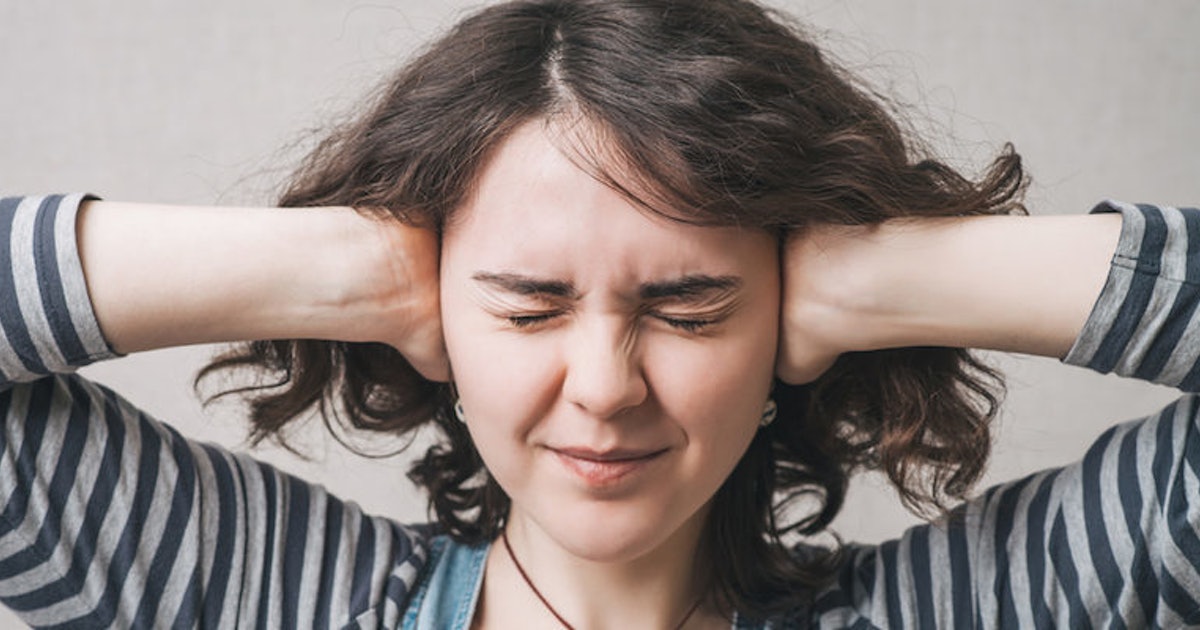What Causes Hyperacusis?
Excessively Loud Sound

While many cases of hyperacusis are caused by an injury or underlying illness in the body, the condition can also be set off by excessively loud sound. Some patients have developed hyperacusis after hearing one extremely loud sound, like an explosion or gunshot. In addition, the condition can develop over time if individuals are around loud noises for a long period. These noises are typically loud enough to cause hearing damage and tinnitus. If individuals are experiencing sound sensitivity after exposure to an excessively loud sound or sounds, they should make an appointment with an ear, nose, and throat specialist to evaluate your hearing. This kind of doctor can examine the patient's ears to determine if there's physical damage. They can also recommend treatments. When the sensitivity doesn't resolve on its own, sound desensitization therapy may be recommended. This therapy involves listening to quiet sounds and slowly working up to louder sounds.
Learn more about the causes of hyperacusis now.
History Of Ear Infections

If an individual has a history of ear infections, they might be more susceptible to developing hyperacusis. The most commonly linked infections are viral conditions that affect the facial nerve or inner ear. Viral ear infections usually affect the middle ear, but there's not sufficient research regarding whether middle ear infections increase a person's risk of developing hyperacusis. When the inner ear is affected, the infection might cause patients to lose their balance. An infection-related condition called Bell's palsy also raises an individual's risk of hyperacusis. When not caused by viral infections, Bell's palsy is attributed to trauma to the facial nerve. The condition causes the muscles on one side of an individual's face to droop or stiffen. Bell's palsy sometimes occurs while a patient is recovering from a viral ear infection.
Get more details regarding the causes of hyperacusis now.
